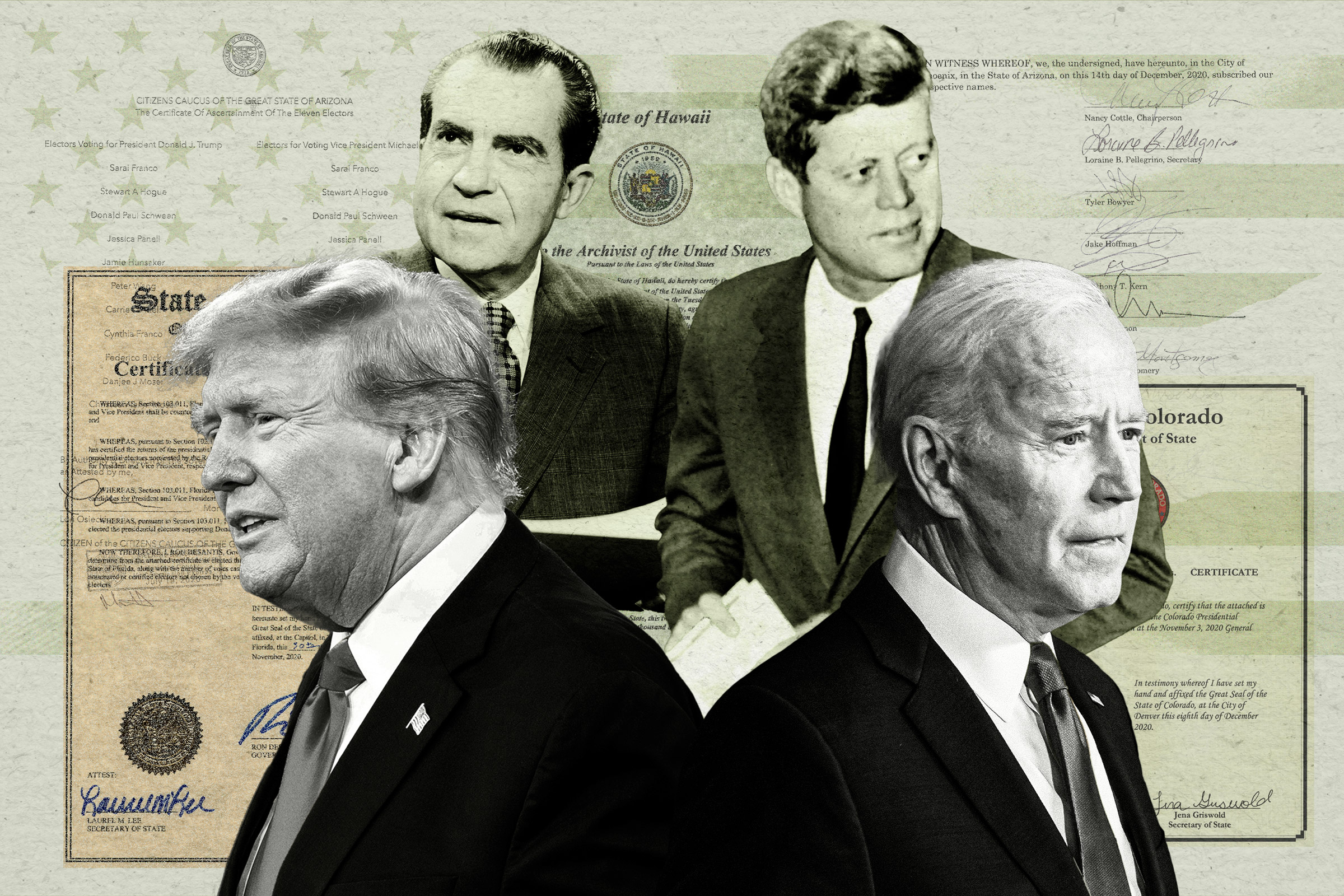A November election decades ago produced a clear winner in a hotly contested presidential race.

Yet the popular vote immediately came under scrutiny in several states.
In one state, it was discovered that there had been significant irregularities in the voting process.
As a result, the electors chosen to cast their votes for the winning candidate were challenged by a group of citizens who believed that the true winner of the election had not been determined.
The challenge to the electors began when a group of concerned citizens filed a lawsuit alleging that there had been widespread voter fraud in the state.
They claimed that thousands of people had voted illegally, and that this had affected the outcome of the election.
The lawsuit asked the courts to overturn the results of the election and declare the second-place finisher as the true winner.
The case quickly became a national controversy, with both sides claiming that they were right and that the other side was wrong.
Supporters of the first-place finisher argued that the electors chosen by the state should be allowed to cast their votes without interference.
They pointed out that there had been no proof of widespread voter fraud, and that the allegations were based on rumors and innuendo.
On the other hand, supporters of the second-place finisher argued that the election results were tainted by fraud, and that the electors should not be allowed to cast their votes until the situation had been fully investigated.
They pointed out that there was evidence of irregularities in the voting process, and that these irregularities could have affected the outcome of the election.
The legal battle over the electors raged on for months, with both sides presenting their arguments in court.
Finally, after much debate and deliberation, the courts ruled that the electors chosen by the state should be allowed to cast their votes without interference.
The second-place finisher accepted the decision, and the first-place finisher was declared the winner of the election.
However, the controversy did not end there.
Many people remained skeptical about the outcome of the election, and they continued to question the legitimacy of the electors chosen by the state.
Some even called for a new investigation into the allegations of voter fraud, in the hope that the truth would eventually come out.
In the end, the election controversy had a lasting impact on American politics.
It highlighted the importance of ensuring that elections are conducted fairly and transparently, and it underscored the need for vigilance in protecting the integrity of the democratic process.
